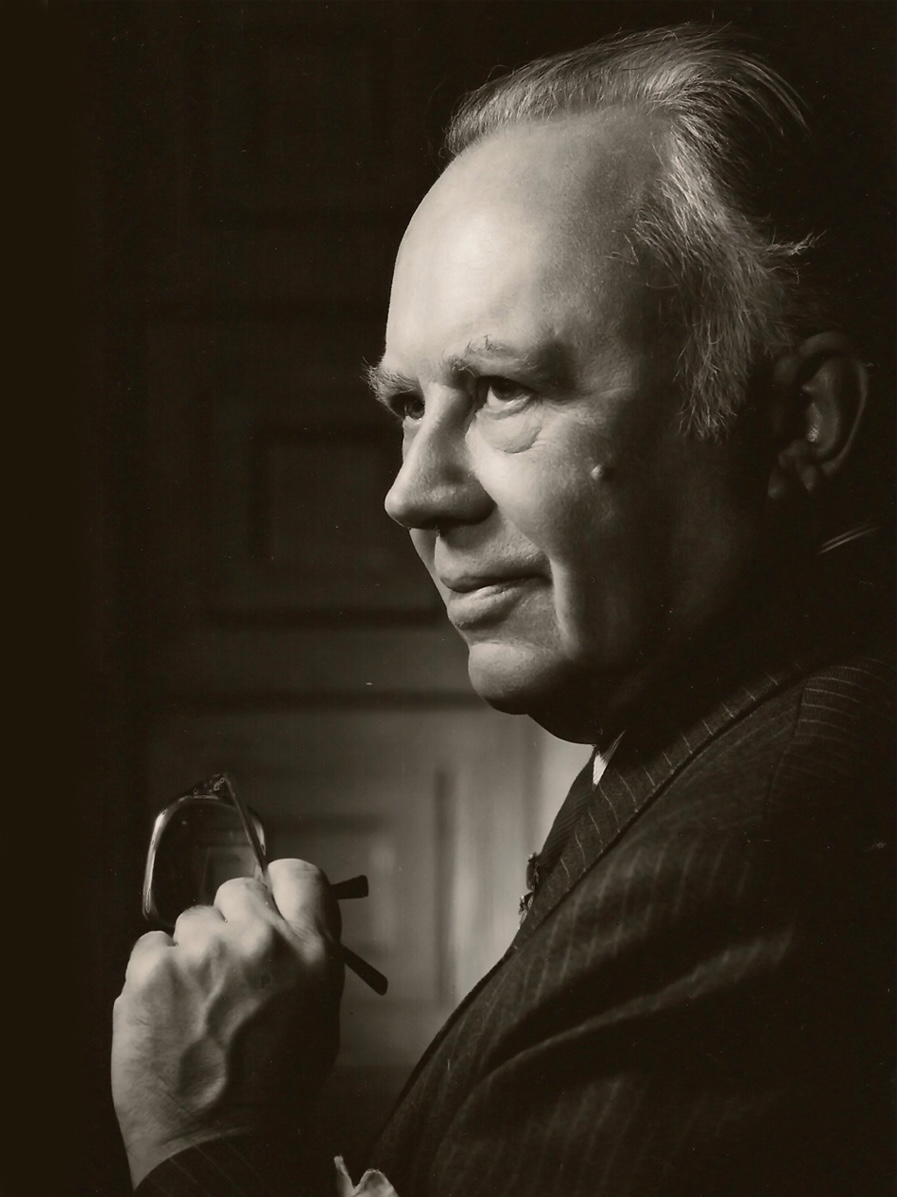What is Conservatism?
I observe our political developments with hopeful skepticism, discovering plenty of reasons for despair and a few for hope.
One of the reasons for hope is that the lines between progressivism and conservatism have begun to be noticeable again. People on the “right” are actually thinking about what it means to be conservative, and that is positive.
I only hope it means they will read Russell Kirk again. Nobody understood or explained conservatism better than Russell Kirk in his many books, some of the best parts of which have been collected by ISI into a single volume called The Essential Russell Kirk.

- Image via Wikipedia
If Rush Limbaugh defines conservatism for you, please read this book.
In the ongoing effort to define conservatism, allow me to assert a very simple description of the contrast between conservatism and progressivism:
Conservatism celebrates the permanent things, progressivism celebrates change for the sake of change.
How does this unfold? Here are a few ways:
Progressivism (modern liberalism) arises from utilitarianism – the anti-philosophy that says “knowledge is power” rather than knowledge is relationship, that believes that the pursuit of eternal things is a hang-up for the superstitious, and that releases a simple lust for power through the blatant demagoguery of the “common people.”
Conservatism is anti-ideological. Progressivism believes that all beliefs and practices are ideological.
Conservatism believes that traditions are the lifeblood of a culture and should be preserved and purified. Progressives find that traditions stand in the way of their lust for power and should be overthrown.
Conservatism believes in the nature of things. Progressives find that the nature of things obstructs their plans, so they use doctrines like Darwinism to argue that things have no nature. Thus, for example, conservatism exalts the family, while progressivism uses tax codes, schools, race policies, and entertainment to undermine the walls and rot the roots of strong families.
Conservatism wants defined governments that are strong and focused so that non-governmental sources of life in the community (family, church, business, boy scouts, etc.) can thrive and breathe their life into the community. Progressives want everything brought under the authority of the government so its vision of reality can be accomplished without hindrance.
Conservatism wants wide-spread ownership of property with a maximum of liberty in its use, while progressivism uses the fantasy of equality of ownership to bring more and more property under the control of the state.
Conservatism embraces form as potentially beautiful, nourishing, and graceful. It recognizes that without form there is no vessel for truth. The progressive is practical. If form helps him reach his ends, he’ll use it, but only as long as needed. He is a relativist, so he doesn’t want a vessel to restrain his truths.
Conservatism recognizes that the human race is inclined toward self-seeking but also is capable of feats of true heroism and selflessness, especially on behalf of loved ones and country. Progressivism gloms onto heroism and selflessness as rhetorical tools, but is rooted in the Hobbesian, Machiavellian notion that humans are utterly dominated by their desires and passions. It strives to manipulate those passions to make the world a better place for their victims.
Conservatism sees reality as the domain of, and the tools for, creative, imaginative expression. Progressivism sees reality as limiting and therefore evil, something that must be overcome. Progressivism chafes at every sort of limitation. Conservatism embraces limitation as the means to maturity.
Conservatism accepts that the world is fallen and that evil, sadness, and suffering are inevitable. It seeks to overcome them by patient love. Progressivism resents suffering – this may be its driving force – and strives desperately to eliminate it by taking power to itself and impatiently imposing its policies (read: power) on others.
Conservatism, rightly understood, is at least compatible with Christianity. Progressivism is a Christian heresy, a grab-bag of inconsistent philosophical positions all harmonized by a dread of suffering that leads to testing and disapproving of God, love of power and glory, and the exaltation of bread over everything – even to the point of striving to turn stones into bread.
Well, those are my fundamental principals or sweeping generalizations – take your pick. But read Russell Kirk.












